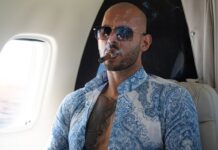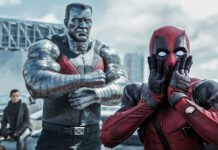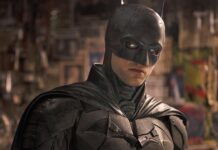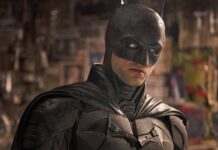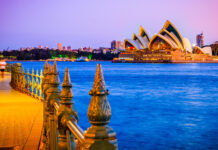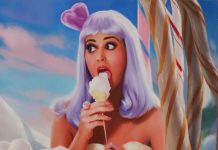Legend
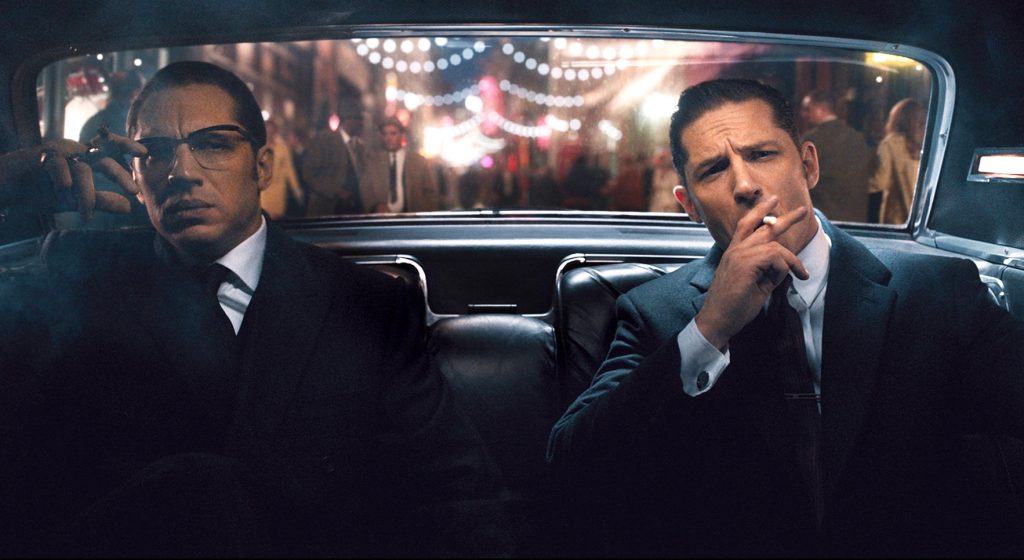
Playing twins is a test for any actor, and Hardy tackles it with gusto in this dual role that he was surely born to play – Reggie and Ronnie Kray, the hideous cockney siblings who ruled East End gangland in the 1960s. Reggie is the supposedly more rational one, although without glasses, and Ronnie is barking mad, with glasses, and a tiny bit more weight. Hardy’s Ronnie has a perpetual pop-eyed stare of psychopathic disapproval, insisting on his own gayness in a growling voice, like a scary Tommy Cooper. Reggie, in all his comparative normality, is closer to being the film’s romantic lead.
The Dark Knight Rises
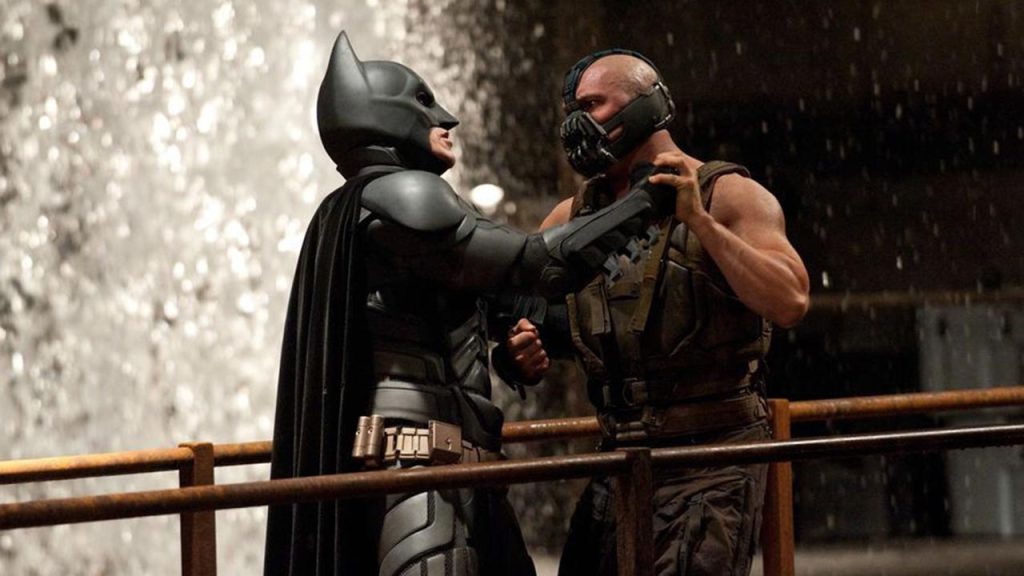
This was another of the heavy-hitter roles that put Hardy on the map in a big way. In the third and final of Nolan’s Dark Knight movies, Hardy plays the mighty and merciless Bane, who squares off with Batman. Bane is a man masked with a heavy leather respirator to hide an awful disfigurement and he is the leader of an underground army of the disaffected. Most perplexingly, he speaks rather indistinctly through his mask and you often have to concentrate very hard to work out what he is saying. He sounds like Darth Vader shouting, while playing the bass accordion through a Harley Davidson exhaust pipe. But Hardy never gives it less than 100%
Mad Max: Fury Road
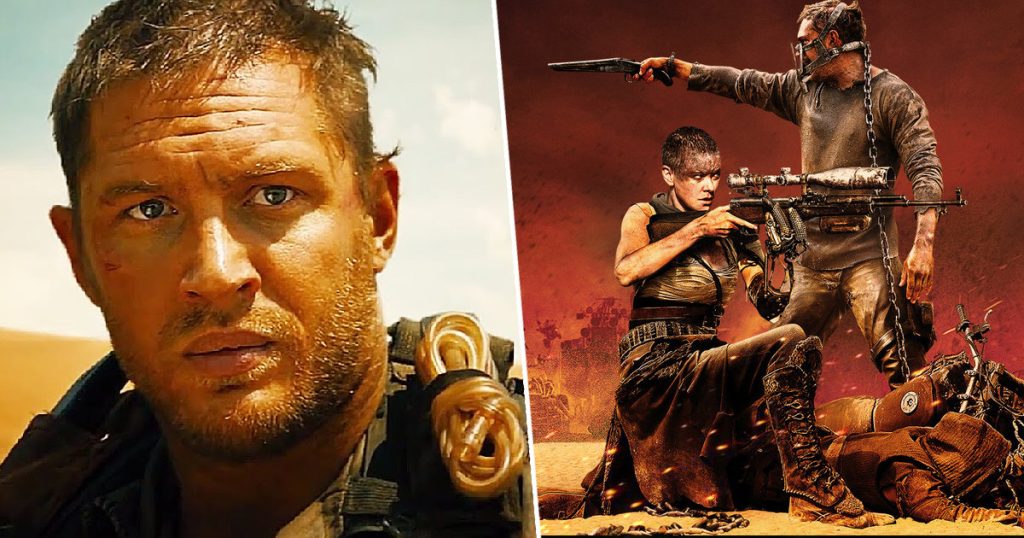
For the majority of his fanbase, this is probably the key Hardy movie: George Miller’s widely adored reboot of his Mad Max franchise – a bizarre convoy-chase action fantasia in the post-apocalyptic Australian desert, where a warlord controls oil, water, bullets and milk. Hardy plays the taciturn Max Rockatansky (approximately the character played by Mel Gibson in the original), a former interceptor lawman and now a lone wolf, tormented by memories of the wife and child he couldn’t save. He is captured by a hateful chieftain and taken to his stronghold from which he escapes in the company of the charismatic Charlize Theron. She is is to lead a feminist fightback against the misogynist tyranny that keeps the women oppressed, like farm animals, and she is to make common cause with Max. It is almost a silent movie role for Hardy, but his potent, bullish, violent presence and fierce face – rugged, yet sensually full-lipped – make him a living cartoon of rage in the desert sun.
Locke
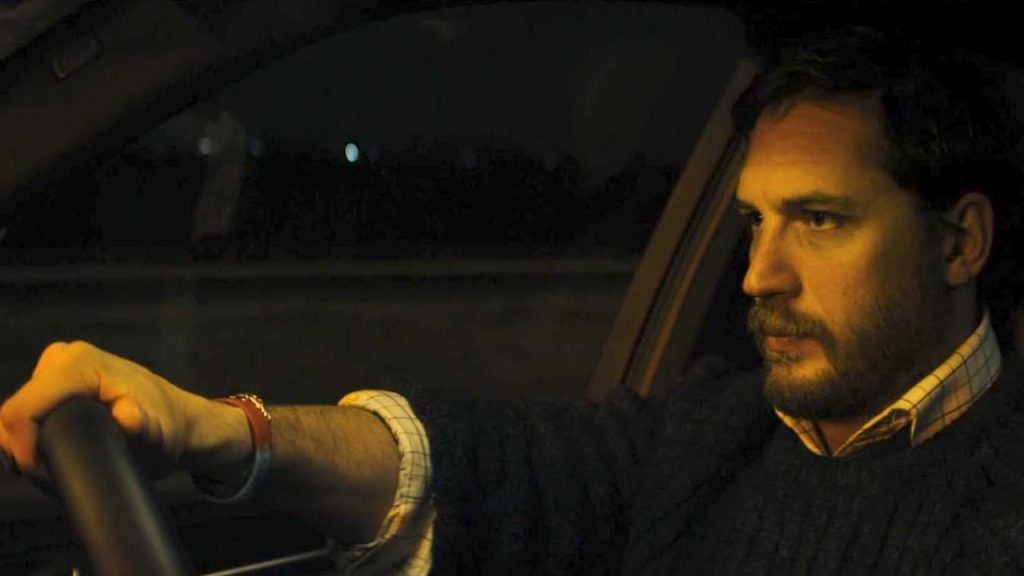
This is Hardy’s finest hour, a film that shows what he really can do as an actor, when all the films that had made him famous seemed to have been suppressing the very qualities of subtlety and sensitivity that he shows here. Hardy plays British construction manager Ivan Locke, and the entire film is simply a shot of him at the wheel of his car, like a dashcam, as he talks to the people who are important in his life on his hands-free mobile. He is a dependable, professional, unemotional bloke who had been about to supervise the pouring of thousands of tonnes of wet cement into the foundations of new building in the Midlands. But just when he is needed there in person, Locke has abandoned the site and is driving south to London. He is having a marital crisis and an emotional breakdown, but he is keeping it together; Hardy’s outstanding less-is-more acting shows the awful damage that this is inflicting on him personally. It is a vocal and physical performance that could be compared to Richard Burton, but is entirely distinctive personal work. This is top Hardy.


